the woman behind w2w
By Kimberly Beekman
The year was something like 2003, and I was a new editor at SKI Magazine attending my first Product Intro Week at Vail, Colo., where brands give media the lowdown on next year’s gear. I had envisioned the event to be a bro-huckfest where I’d have to prove that I deserved to be there (my preferred habitat is snow, not sky), and my nerves were broadcasting something akin to the instruments on the first day of high school band practice. That first morning, I showed up at the lift carrying my own skis—a snigger-worthy gaffe (“Beekman, we ski on their skis,” my coworker Sam Bass whispered)—and practiced the art of becoming invisible.
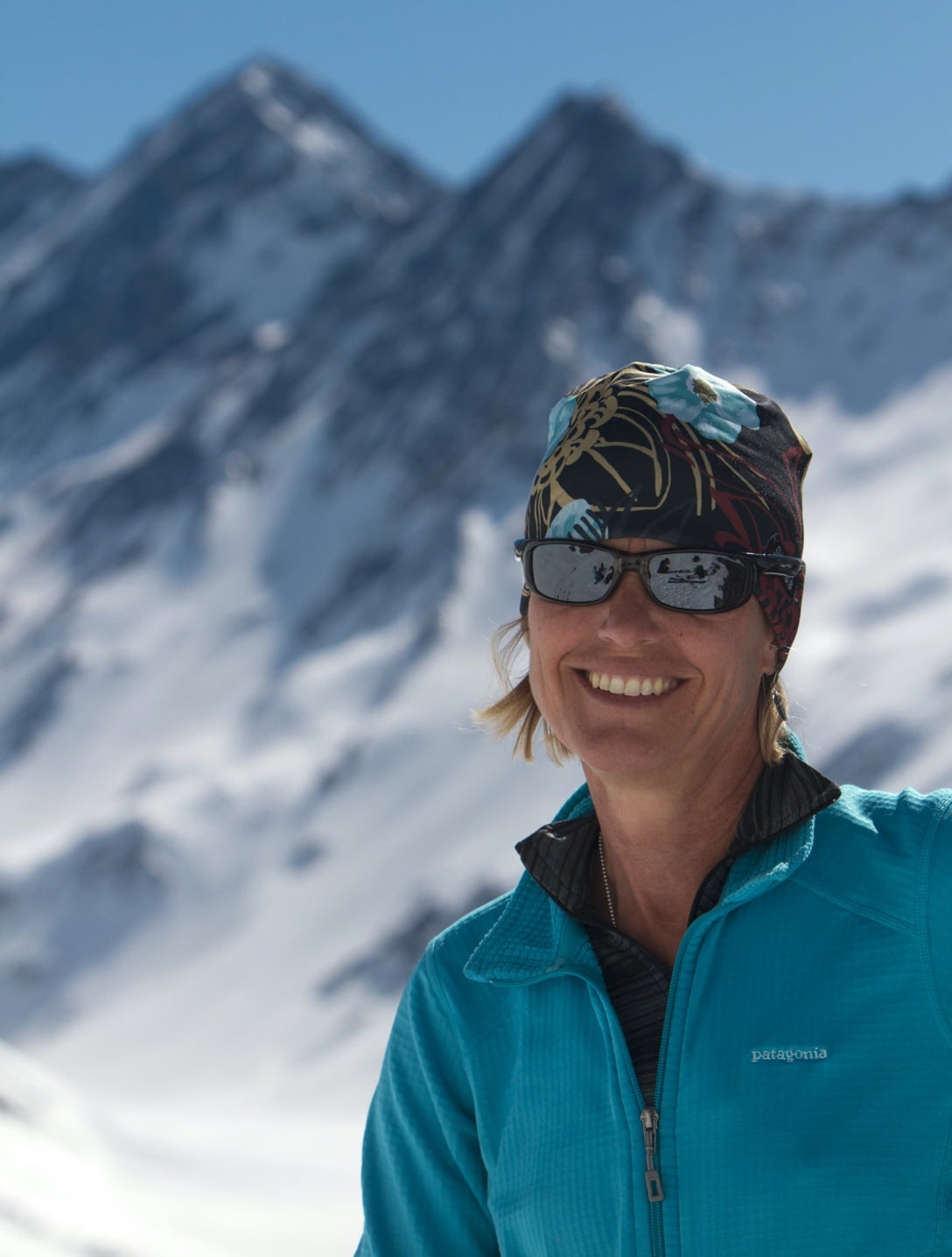
Then Leslie Baker-Brown, the only other woman attending on either the brand or media side, walked over, her bright blue boots squeaking in the snow.
It turned out that Leslie ripped. (It also turned out, on account of the skis being precious prototypes, the “huckfest” only got as extreme making GS turns around the “slow” signs that peppered our greens and blues.)
Three-time NCAA All American, 1982 NCAA GS champion, Middlebury Hall of Famer. She went on to race for five years on the Women’s Pro Tour and competed in the Waterville and Stratton World Cup in 1978. She was the first woman he knew of to break into—and rise through the ranks of—the hardgoods side. “She has spent much of her career as the only woman in the ski industry,” he said. Badass, indeed.
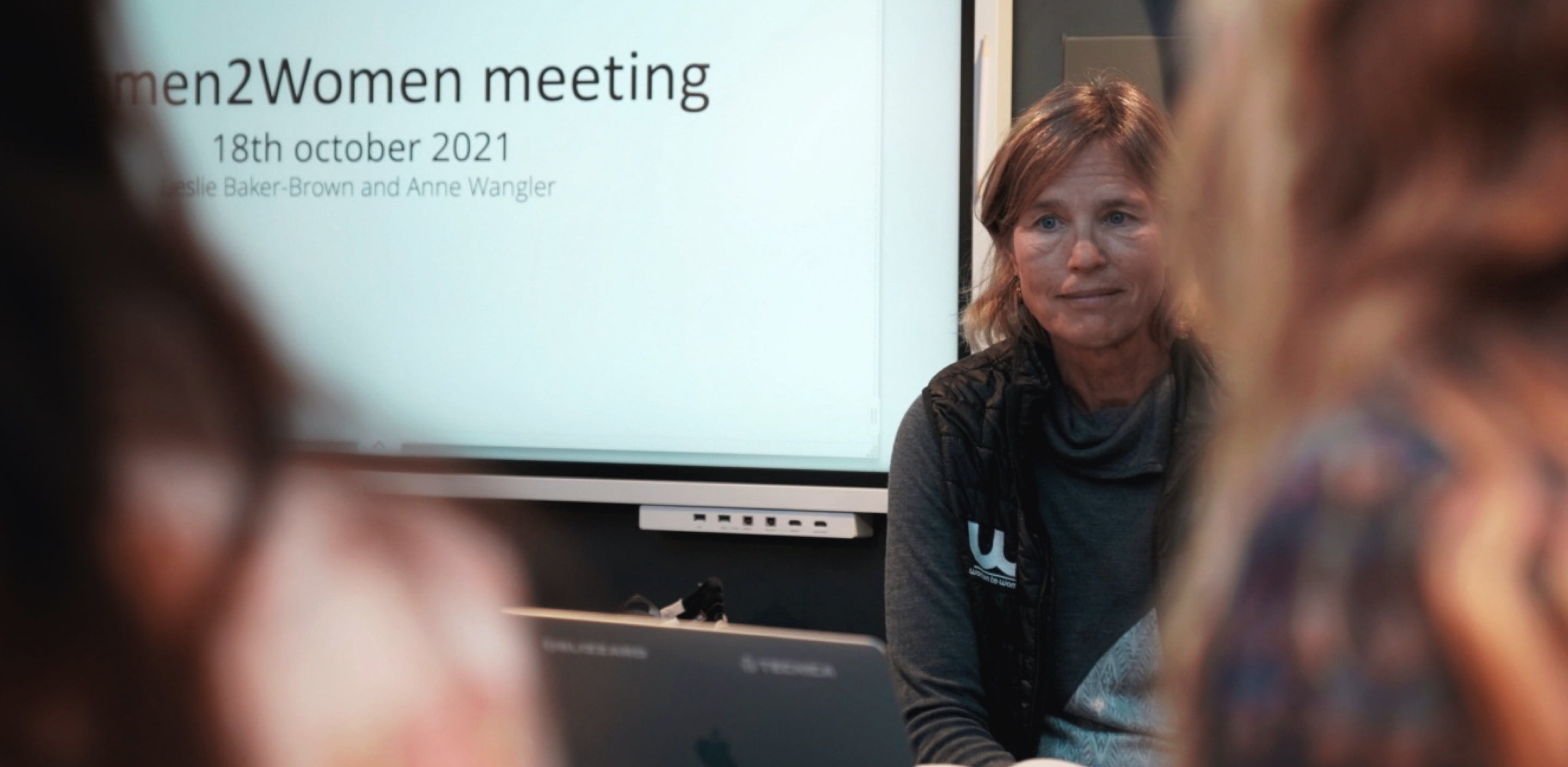
Now, after nearly 20 years of my incessant nagging, with her at the global helm of the industry’s most progressive women’s program, Leslie has finally allowed me to interview her. It’s not that she wasn’t flattered. She just doesn’t like to talk about herself much. This is what she had to say.
Q: How did you get turned onto the sport?
Leslie: My dad loved it and he handed down that passion. He’d be on the first lift with a PB&J in his pocket and would ski to the end of the day. My mom wasn’t passionate about it, but she skied, and they both came to all of our races. They were totally supportive and into it.
Q: Where did you learn how to ski?
Leslie: I grew up in Marblehead, Mass., just north of Boston, and we drove up to New Hampshire every weekend. We learned to ski at a tiny area that no longer exists called King Ridge, and then moved over to Mt. Sunapee and got in the race program. I loved it from the get-go. There were always ups and downs, of course, but I always loved skiing. After races, some kids would go hang in the lodge, and I’d go ski.
Q: You went on to ski race in college. Did you know at that time you wanted to have a career in the industry?
Leslie: I had a blast skiing in college. I was pre-med at Middlebury, but I didn’t finish all my requirements. I took organic chemistry, and was, like, “meh.” I ended up pro racing for five years and traveled around the country. I taught windsurfing in the summer and skiing in the winter. Clearly I didn’t want to give up ski racing. It was my passion.
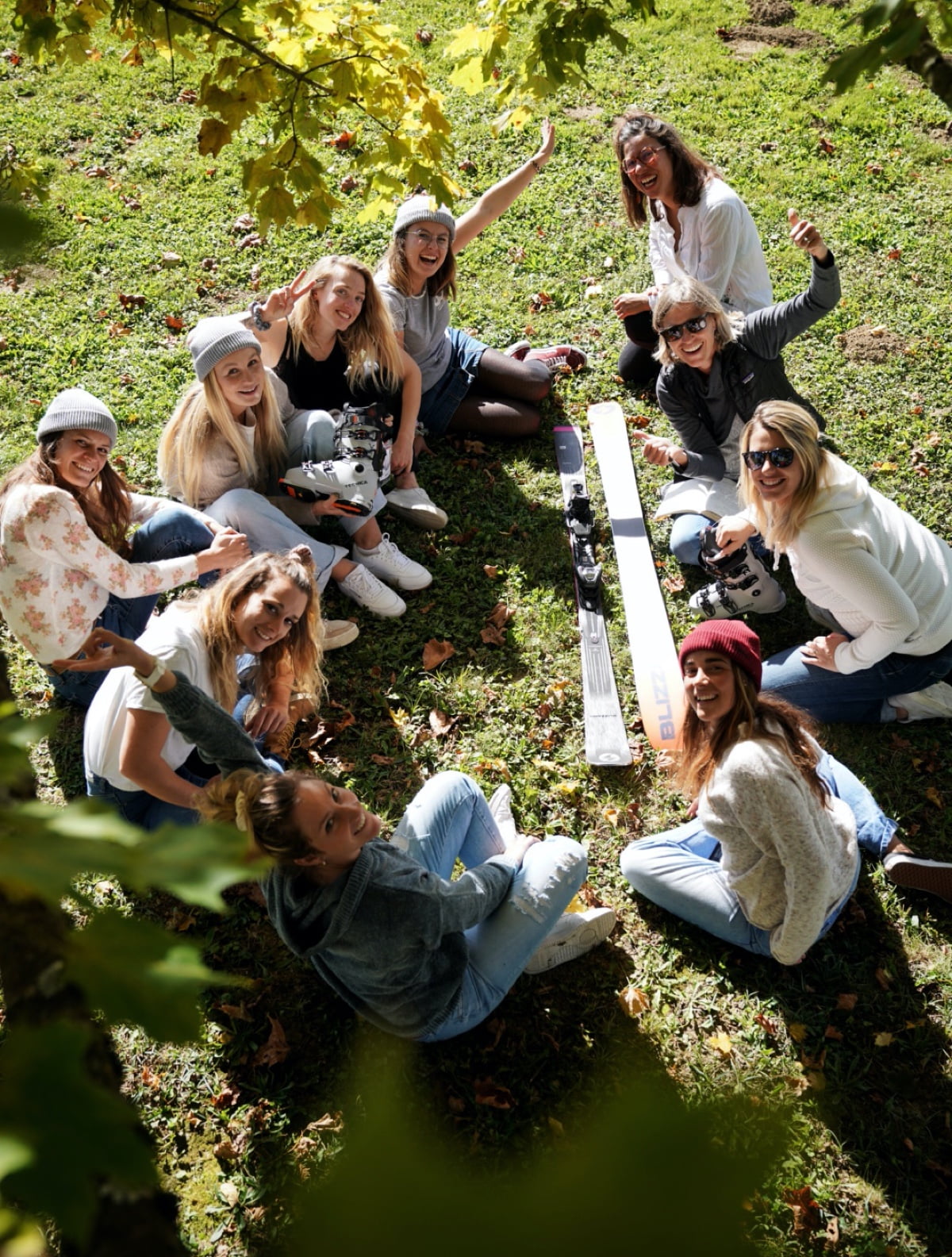
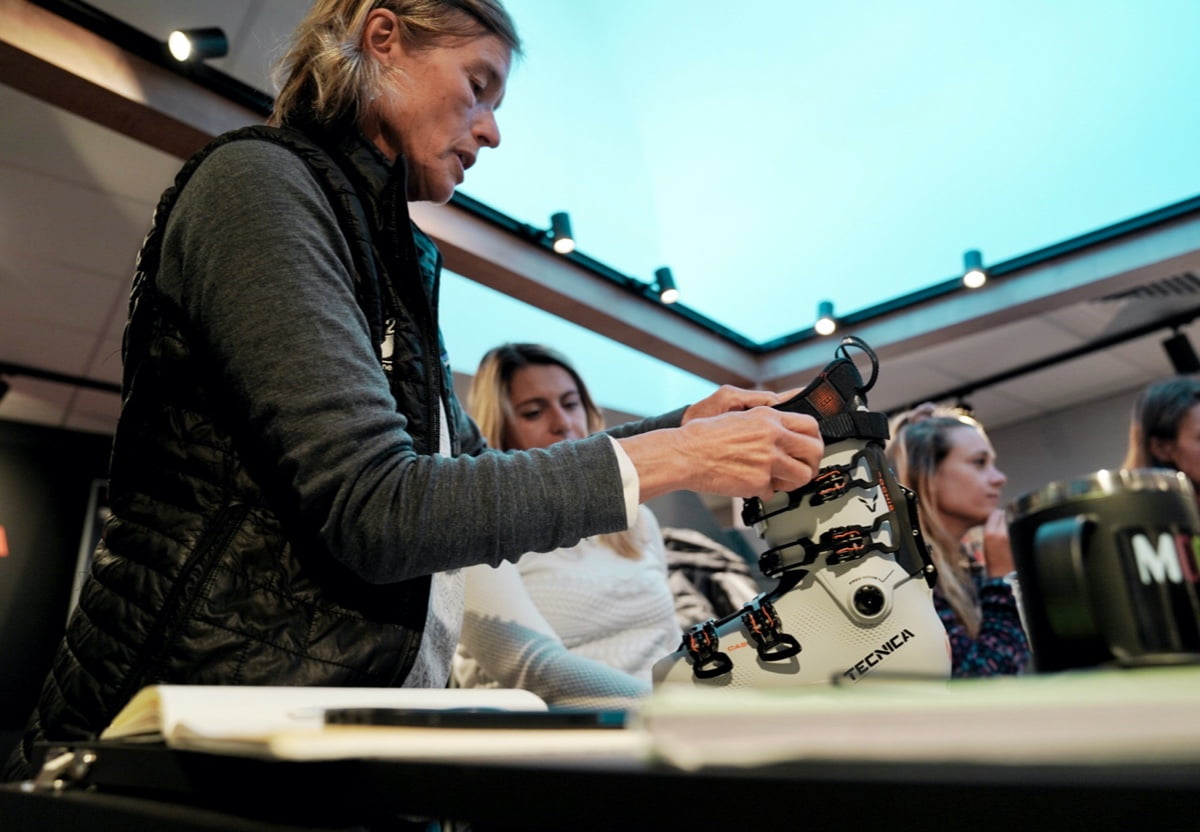
Q: How did you get involved with Blizzard Tecnica?
Leslie: I met my husband Cam, and I worked for one year at an oil company, where I learned some marketing and “desktop publishing,” which is what we called it back then. I bumped into a friend who worked at Tecnica at that time. I asked if there were any openings, and he said there was one as the sales and marketing assistant. I applied and got the job. That was 32 years ago!
Q: What was it like back then?
Leslie: We had no computers, no Internet, no social media. Marketing was very different back then. That’s probably why I’ve stayed in it for so long – it is constantly changing and I am always learning new things.
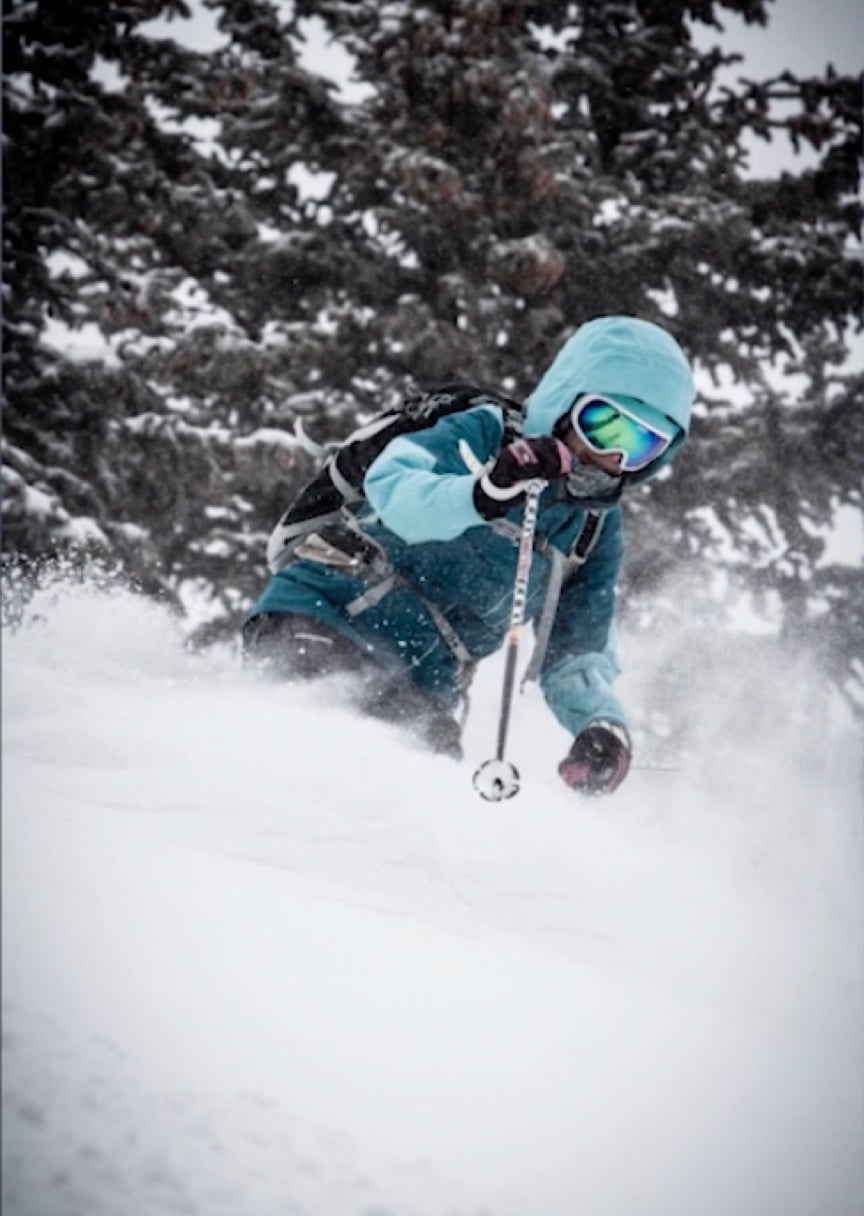
Q: At that time, you were only woman in the room. Were you prepared for that?
Leslie: I think I was honestly totally unaware if there were any unconscious biases against women. I think now I’m becoming more aware. Over time, I got promoted—the leadership on our team was really good toward women. Eventually even the CFO was a woman.
There were a couple of years where I did feel like it was hard, though. Part of that was having children. I didn’t want to travel as much, and sometimes I would have a sick kid, and I’d be the one to stay home. That’s really where a lot of women get hurt in their careers. I think we have to make a choice between going to kids’ soccer games and staying at work. In reading a lot about women in leadership, it’s a real thing. It was my choice: I chose soccer games. I coached my kids through their ski racing career. I wanted to have kids and spend time with them—otherwise why have them? And I do wonder if that stalled where I was able to go with my career.
Q: What other barriers for women do you see now that you weren’t necessarily aware of at the time?
Leslie: Women work themselves into a corner sometimes—they’re the ones who get the shit
done, and the people in charge want them to keep doing it. And it’s not necessarily the
higher-level stuff. When you’re stuck in the weeds, you don’t have time to sit back and look
at the big picture - at different ways to do things.
Also, I feel like there were times I never got feedback on how I was as a manager. It seemed
the guys got mentored and feedback. I was just expected to know how to do it.
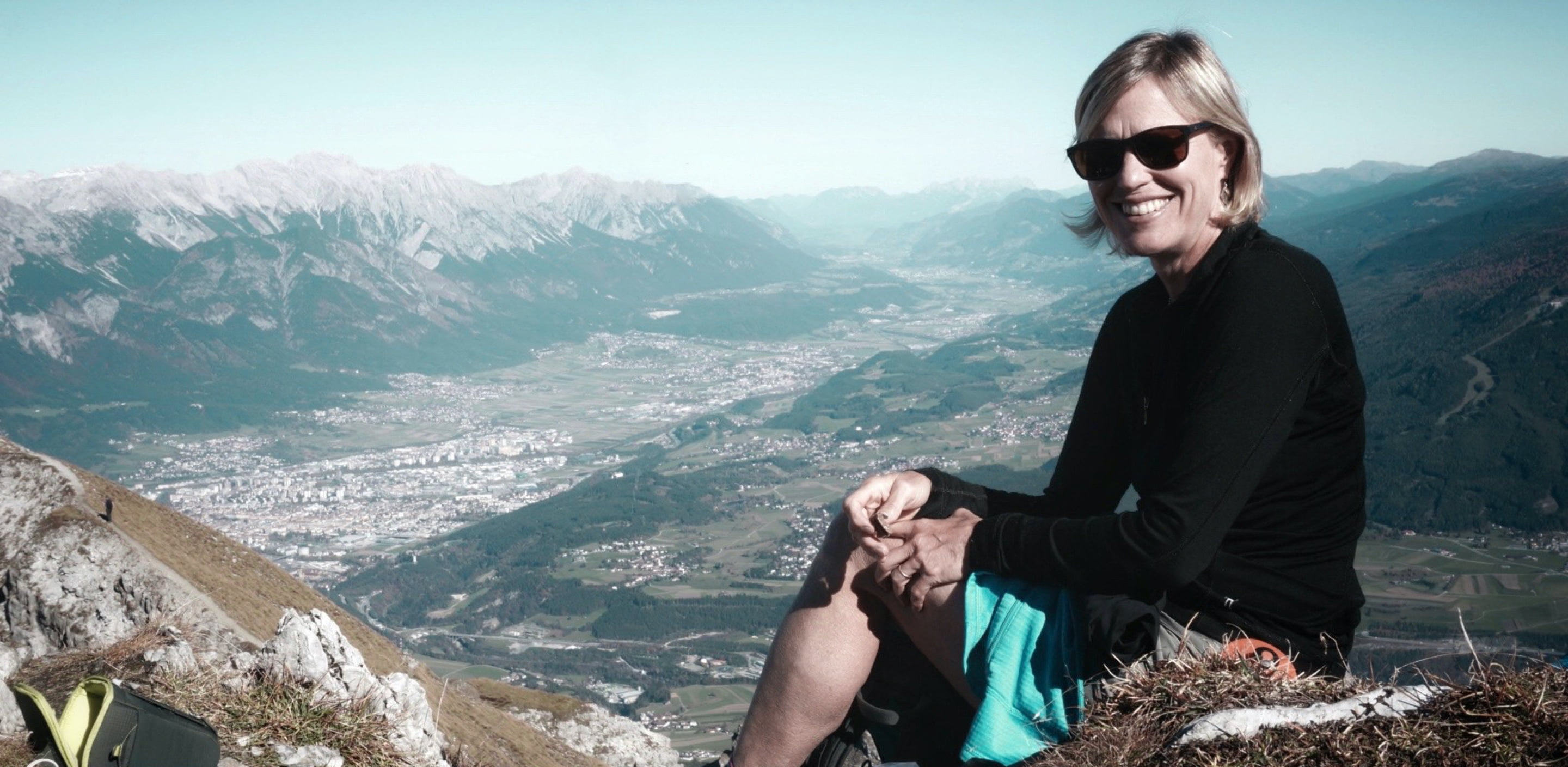
Q: You’re now the global leader for Women2Women. How have things changed?
Leslie: The Women2Women program has boosted me in feeling like I have some leadership. We have other women in our office, but they’re in customer service or accounting – important roles but more behind the scenes. But in terms of women who are market-facing on the hardgoods side, there’s still just me.
Q: Did you learn anything in ski racing that transferred into the rest of your life?
Leslie: Ski racing gave me a work ethic: I knew that if I charged ahead and worked hard, I would see results. It gave me organizational skills, too, because I missed so much school to go to races, and I had to get all my schoolwork done. That carried over into how much I could get done during a workday. Being a former ski racer also gave me credibility amongst our team, so I guess it gave me confidence. Even though I didn’t know the industry as a whole to begin with, I knew skiing and the culture of skiing. And the friends I made back then, those are still my best friends.
Q: Were you afraid to fail?
Leslie: Failing in business is like failing in ski racing: You get on the horse and do it again. Everybody makes mistakes, and you just have to learn from them. But it’s funny how the more you know, the more you realize you don’t know. Sometimes it has felt like as I got older, my confidence waned some, and I had thoughts like maybe I don’t know what I’m doing. Age in this industry can be tough.
Q: Any regrets?
Leslie: I’m sure there are a lot of little ones along the way, but I’m not the type of person who dwells on that. I don’t have any major ones.
Q: How would your husband and friends describe you?
Leslie: My friends tell me that I’m very direct. I tell them the way it is. Maybe sometimes I should be a little more subtle. But why wouldn’t I tell you what I think?
As for my husband, Cam, he loves it when I finally do sit down and do nothing, which is rare! A nice glass of wine or a good IPA is always a great way to relax!
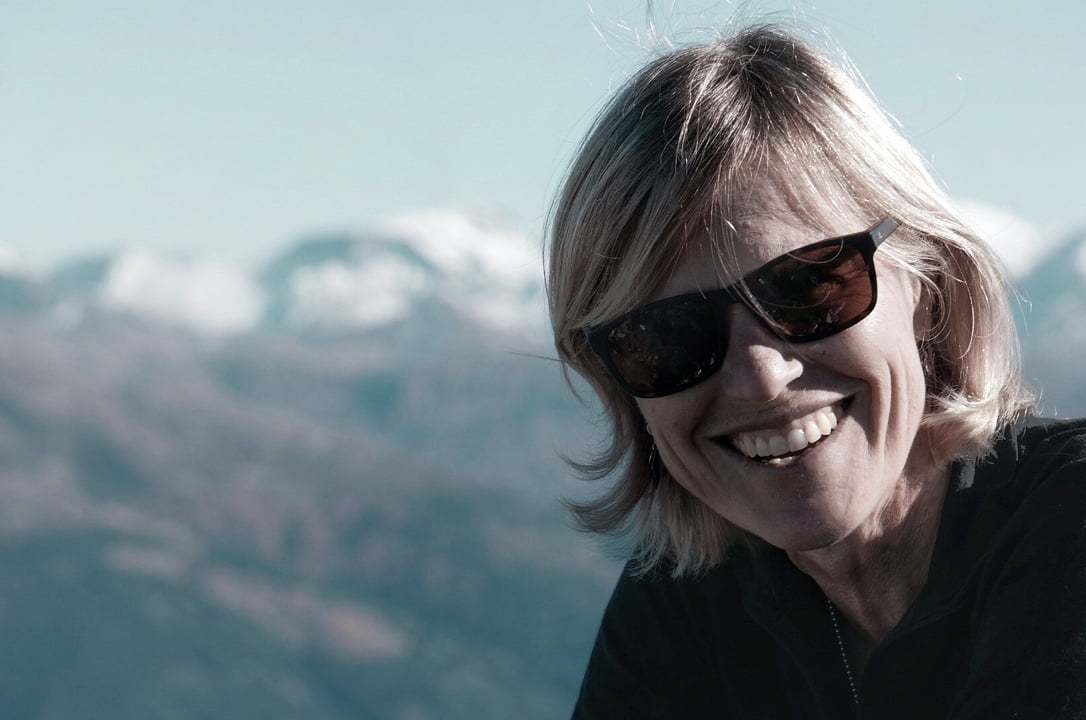
Q: Do your kids now share your passion for the sport?
Leslie: I couldn’t wait to get on snow with my kids. They were in the local race program, which I coached for 13 years, and my younger son, Andrew, who now lives in Bozeman, Mont., caught the bug for skiing. My older son, Robbie, while he loves to ski, share’s my husband’s passion for golf. When Andrew got out of high school, he was a dishwasher at Goldminer’s at Alta, and he realized how lucky he was to be able to ski anything, anywhere. (Robbie can, too.) I feel really lucky we had that opportunity to expose our kids to these things. There are a lot of people who don’t have the resources to do that. Skiing gave them confidence and is a great way to connect with family and friends. Skiing just makes me happy and I love to share that.
Q: You’ve been super successful at creating quality gear for women and for educating them about what their needs are. What’s next?
Leslie: I want to continue to help women rise into more leadership roles in our industry and
to focus on inclusion initiatives. Race. Gender. LGBTQ. Age. All these things. There’s a
huge underlying issue of unconscious or implicit bias. With age and gender, for example,
older women are looked at differently in our industry than older men. Older men are seen as
grizzled, wise, and tough, while older women are seen as out of touch. That may be a bit of
a generalization but unfortunately, the more I think about it the more I see it.
But I’m excited to work hard and see what we can do to create awareness around this.
